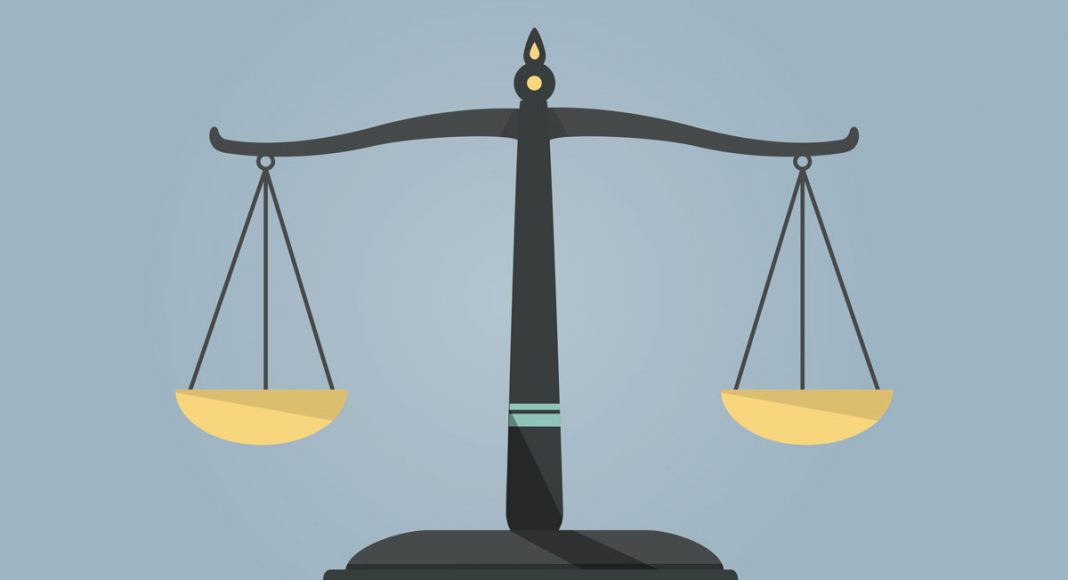One of the main arguments the anti-dope movement often interjects against the legalization of marijuana is it will increase crime. These people are firmly convinced that allowing weed to be sold in state-licensed dispensaries in a manner similar to beer will bring around a fate somewhere between Thunderdome and the apocalypse and set fire to their friendly neighborhoods with on onslaught of rape, murder and thievery. But a new study’s data shows no crime increase in legal marijuana states. The Mormon-esque naysayers of the leaf are simply perpetuating false fear.
Researchers at the Victoria University of Wellington and Harvard University recently banded together to explore the question: “Do crime rates really increase after marijuana prohibition laws are brought down?” It turns out, other than some modest drops in violent crime and theft in some areas, legalization really doesn’t have an impact on state and national crimes rates. So while marijuana might not be making the world a safer place, it doesn’t appear to be causing an uprising in social delinquency either.
One of the states to show a decrease in crime was California. The state legalized medical marijuana back in 1996, giving way to one of the most liberal therapeutic pot programs the nation has ever seen. It allows state residents with conditions ranging from debilitating diseases to sore pinky toes to gain access to medicinal bud. Although California has since gone fully legal, the study only examined its pre-recreational period.
Lead researcher Dr. Luke Chu says “there’s no definitive answer as to why” the Golden State experienced a 20 percent drop in violent and property crime, but it is possible that legal herb just chilled the population out. Of course, this theory is only speculation.
Unlike other studies of this kind, which exclusively use national crime data provided by the FBI, researchers say they also employed stats from police departments all across the nation in cities with a population of at least 50,000. The study found that “these decisions matter,” and “the specification of the city-specific trend changes the estimated effects on violent crime.”
-
Related Story: How To Use Every Single Drop Of Liquid From THC Cartridges
Researchers also utilized a tertiary method for getting to the bottom of this debate.
“In addition to traditional regression analysis, we used a technique called synthetic control method to analyze the data,” Dr. Chu told Psy.org. “This allows us to take into account pre-law differences in crime trends without making extra assumptions.”
In the end, science found “no strong causal relationship between medical marijuana laws and criminality.” The results were published in the Journal of Economic Behavior & Organization.


